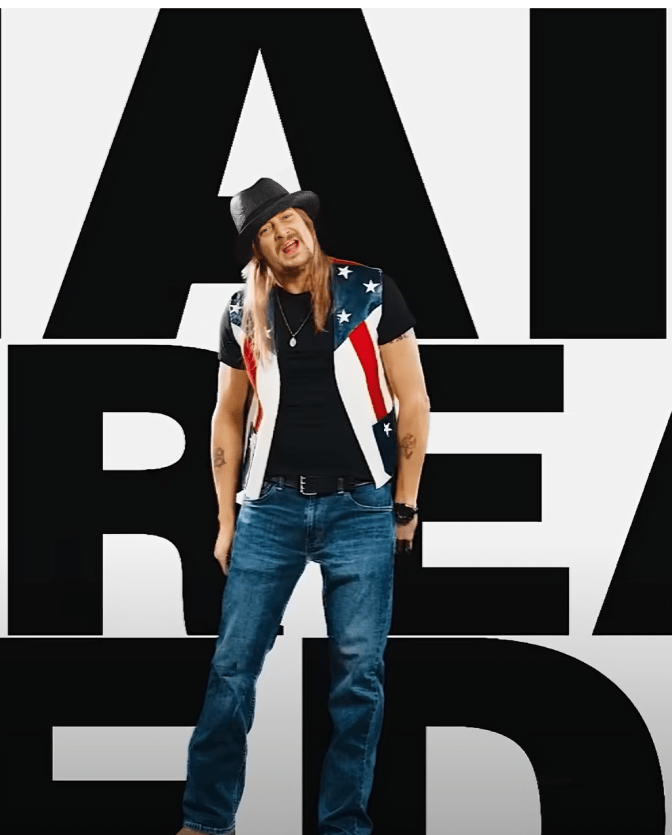When it comes to crossword puzzles, there is often a particular joy in solving those cryptic clues that leave you scratching your head for hours. One such clue that has baffled many enthusiasts is “place for a small charge in an estate.” As you ponder the answer, you may be imagining grand estates, legal jargon, or something entirely unrelated. But like any good puzzle, there is a clever solution waiting to be found.
The phrase “place for a small charge in an estate” can evoke various interpretations depending on how deeply you dive into its meaning. The term “estate” can refer to land, property, or even a legal entity. Meanwhile, “small charge” may bring to mind a fee, something of modest value, or perhaps even something more abstract, like a responsibility or a minor task. With so many possibilities, it’s no wonder this clue has caused confusion.
Decoding the Clue
The first step in solving this particular crossword clue is to break down the wording. Let’s start with the word “place.” In many crossword puzzles, “place” could be interpreted literally as a location, or figuratively, as a position or role within a given context. The clue suggests a smaller component of a larger structure, like an estate, which could lead us to think of specific locations within the estate, such as rooms or sections of land.
“Small charge” further complicates things. In legal and property terms, a “charge” can refer to a financial obligation or fee. However, the word “small” implies that this charge is minor in nature. It might also suggest something more symbolic, such as a small responsibility or task.
Finally, “estate” can have several meanings depending on the context. It can refer to a large tract of land, a property, or a legal entity that holds assets. In some instances, it may also be a community or development, like a housing estate.
Given this, you could be looking for a term that refers to a specific place within an estate that deals with a small financial or legal charge—or even something more figurative, like a minor position or responsibility.
Searching for the Solution
With the clue now parsed, it’s time to look for a solution. According to a crossword puzzle database, there are several possible answers to this clue, and they range from simple words to more complex ones. Some of the possible solutions include:
-
Exist (5 letters) – The word “exist” seems simple, but it can be cleverly tied to the idea of something having a presence or place within an estate. In legal terms, to “exist” within a property could mean holding a minor title or role.
-
Lairds (6 letters) – Historically, a “laird” is a landowner, often of a smaller estate. This title could fit the description of someone who holds a place of minor authority or responsibility within an estate. The word evokes the idea of old estates in Scotland, where lairds managed their own parcels of land.
-
Assets (6 letters) – An “asset” is something of value within an estate, often used in legal and financial contexts. A small charge could relate to a minor asset or responsibility that is part of a larger estate’s holdings. This answer ties together the financial and legal aspects of the clue.
-
Dimple (6 letters) – “Dimple” may seem like an odd solution at first, but in some architectural contexts, it could refer to a small depression or indentation, a minor feature within the landscape of an estate. It adds a more visual and figurative interpretation to the puzzle.
-
Minormanor (10 letters) – This longer solution suggests a small estate or a minor manor house, which would be a smaller component within a larger estate. The idea of a “minor” charge could fit within the context of managing such a place.
-
Windchillfactor (15 letters) – While this may seem unrelated, in the context of wordplay and more abstract crossword puzzles, sometimes clues take unexpected turns. “Windchillfactor” could metaphorically represent the minor effect or influence within an estate, much like a small charge impacting the overall comfort of a location.
-
Childsafetyseat (15 letters) – This could be considered in a more metaphorical sense. A “child safety seat” involves responsibility for a smaller charge—literally, a child. Within the context of an estate, this could be seen as a playful or abstract interpretation of a minor responsibility or obligation.
Refined Search: Narrowing Down the Options
Now that we have an array of potential answers, refining the search based on the number of letters can help us zero in on the most appropriate solution. Let’s break down how to approach this systematically:
-
If you know the crossword requires a 5-letter solution, “exist” seems to fit well, especially given the idea of something having a presence or position within an estate.
-
For a 6-letter solution, both “lairds” and “assets” are strong candidates. Each reflects a different aspect of the clue—one emphasizing ownership (lairds) and the other focusing on the financial or legal component (assets).
-
A 10-letter solution like “minormanor” could work if the crossword puzzle is more complex, leaning towards a more detailed description of the place within the estate.
Crossword enthusiasts often enjoy using wildcard characters or unknown letters to help in their search. In this case, using the pattern _ r o _ _ e m, one might refine their search and narrow down potential matches. However, understanding the specific number of letters in the word is crucial for making the right guess. Sometimes the pattern or the known letters within the puzzle can give away part of the solution.
Expanding the Puzzle’s Context
Interestingly, crossword clues often force solvers to think creatively or outside the box. This particular clue could also prompt you to think about more metaphorical interpretations, where a small charge is not a literal fee but a minor duty or task within the estate.
This type of wordplay is a reminder of how crossword puzzles can push the boundaries of language, offering solvers not only a mental challenge but also a unique way to explore different meanings and contexts. When it comes to “place for a small charge in an estate,” the range of possible answers shows just how varied language can be—and how much fun it can be to solve a tricky clue.
In conclusion, whether you are thinking along legal lines with “assets” or taking a more historical approach with “lairds,” the key to solving this clue lies in balancing the literal and the figurative. Sometimes the most complex answers can come from the simplest of clues.








